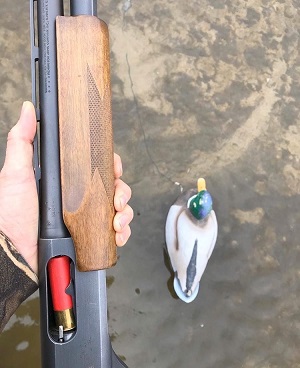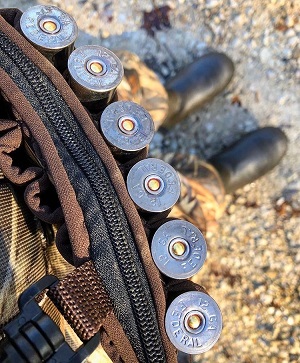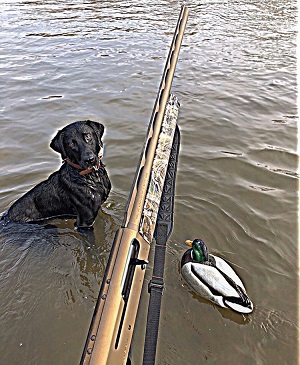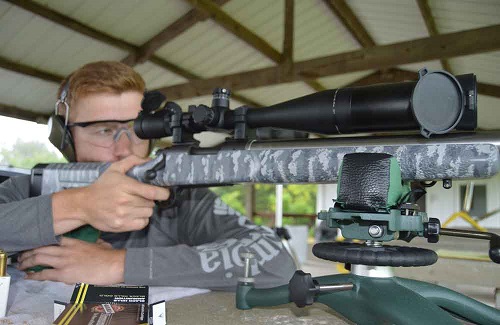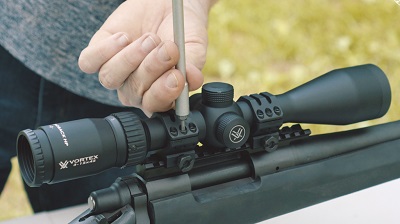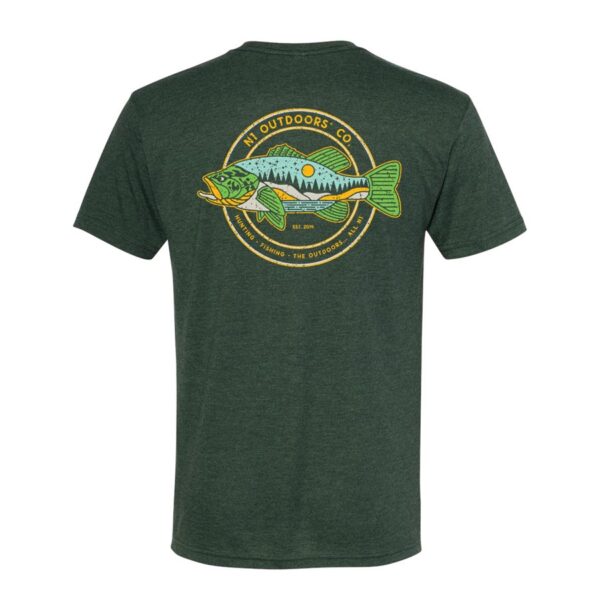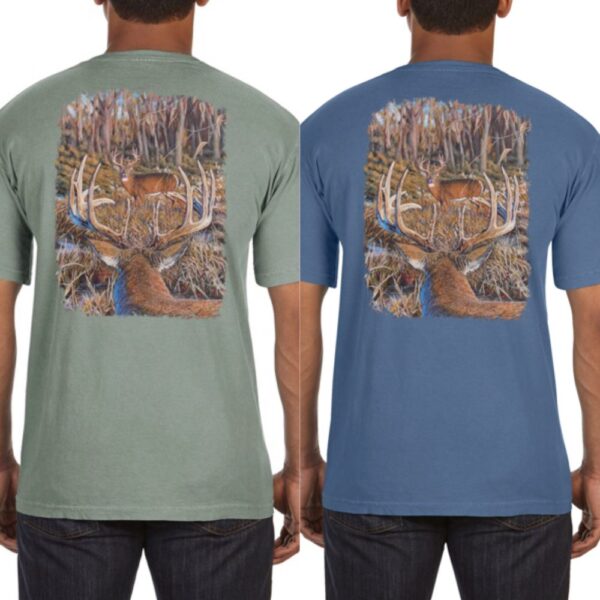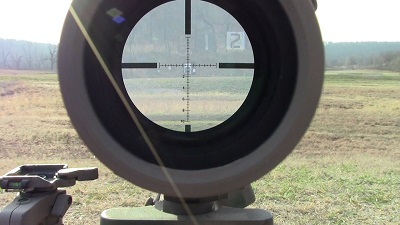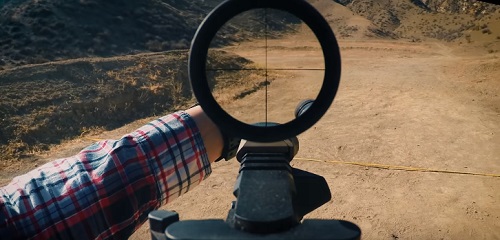It is interesting that one of the most mystical elements of rifle-shooting (after buying a rifle scope) is getting a scope sight mounted correctly and, when done, finding out if the rifle will shoot straight after zeroing.
So, if you are not a pro on mounting a rifle scope, check out this guide below.
What You’ll Need
When mounting a rifle scope, the tools you’ll need can be as simple as a correctly sized screwdriver, and sometimes a small open-end wrench. (This all depends on the type of mounts being used, however, and yes, there are differences by the dozens).
A bench-rest system is a great way to install a scope. In some cases, an Allen wrench is also advised, or even required, to lock down ring screws. (However, in other situations, the full array of gunsmith tools are required when receiver bases and ring systems need installing).

A bench rest is a helpful tool to keep everything you’ll need close by while mounting your rifle scope.
What you’ll need to mount a rifle scope:
- Screwdriver
- Small open-end wrench
- Bench rest
- Allen wrenches
-
Sale!

N1 Outdoors® Just Pass’N Through™ Leather Patch Hat (Mossy Oak Obsession/Khaki)
Original price was: $29.99.$19.99Current price is: $19.99. Select options This product has multiple variants. The options may be chosen on the product page -

N1 Outdoors® “Bowhunt” Leather Patch Hat (Desert Camo/Brown)
$29.99 Select options This product has multiple variants. The options may be chosen on the product page -
Sale!
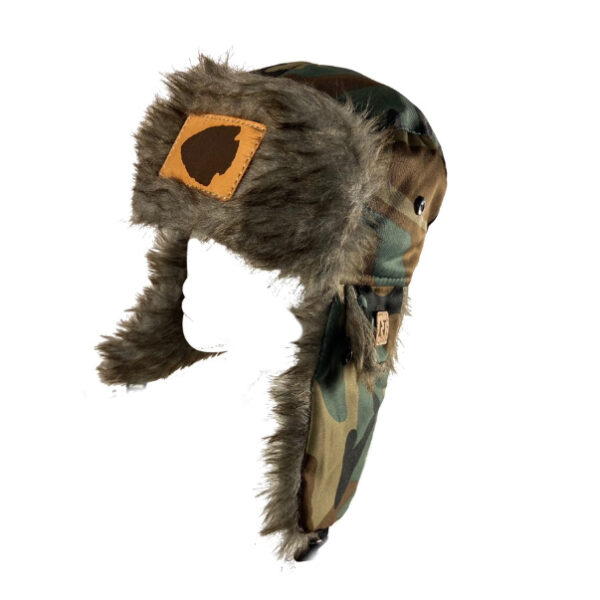
N1 Outdoors® Leather Patch Trapper Hat (Arrowhead – various patterns)
Original price was: $29.99.$9.00Current price is: $9.00. Select options This product has multiple variants. The options may be chosen on the product page
Mounting Your Rifle Scope | Step-By-Step
When going to work on a rifle scope mounting job, it is nice to have a clean, clear space to do the work. Even the use of a gun vise or mount is a great idea, and can save both time and effort in the event parts fall away from the scope or rifle.
If you’re worried about mounting a scope being a difficult task, let me put your mind at ease; I mount scopes while watching my favorite hockey game at the same time!
There are some jobs that require tapping new screw holes, and advanced mounts that require more parts then the scope contains. However, in general, most mounts are field dirt simple to work with and figure out for yourself.
Time needed: 15 minutes
Step-by-step rifle scope mounting
- Set scope in place
Currently, modern rifle scopes are making more use of the Weaver-style bases that carry a rail with notches cut into the upper surface. The rings are set up with matching cuts and all you need to do is drop the scope into the rail.
Be sure both rings are aligned with the correct notches, and set in place solidly. Once you have the rings in place, simply draw down the primary (large) compression bolt or nut. Be sure you mount the scope in a way that will provide proper eye relief.
Independent bases are a bit more work in that each is set on the pilot holes in the receiver, one at a time and with two screws In most cases, they are set in place and tightened down. The bases are always paired with a specific scope ring type. Be sure the rings and bases match. If you buy them as a set, this should not be an issue.
IMPORTANT: At times the base sets are not exactly the same height. Check each with care. In most cases (but not all), the higher base is forward, and the lower base is toward the rear. That is because the height of the receiver section is different. If bases were the same, you would have an issue there.
A suggestion here is to get new combination rings and base systems, often called cantilever bases and rings. All you do is this:
Using a Weaver-style (Picatinny-style) mounting rail, drop the whole system into place on the grooves, split the ring half sections, then set your scope onto the lower half of the ring group. (If you can’t do that, it is advised that you not shoot a gun either!)
NOTE: Looking for the perfect scope for your rifle? Check this out.

- Align the scope
Now, with the rings installed as above, it’s time to align the scope within the rings. Keep in mind that the crosshairs require leveling, so leave the rings with the installed screws loose enough to allow you to rotate the scope as required.
Also, be sure to check eye relief at this point. You’re may regret having leveled the scope, then tightened it down, and found that you’re stretching a mile to see through your scope.
Why do I know this?
Because it has happened to me more times then I should admit here.
When leveling the scope’s crosshairs, see the horizontal line and set the scope in a solid rest position.
Now look through the scope, again with the rings not turned very tight against the scope tube in order to allow that horizontal line to run level with an object that is of a known correct level. This can be the edge of a building, or some other related structure.
When I align my scope, I use a bubble-mounted system that long-range shooters use, or at times, I just wing it and go with my gut feeling as to a correct level. When I recheck my level after mounting, I am almost always right on the money. I guess that comes with experience, as there are some weeks when I mount five or six rifle scopes in as many days.
One thing is for sure, you don’t want to count on the person at the gun counter for all the help.
I have friends who who do work in gun shops and sure as heck know their stuff. However, some of the “help” needs a tune-up and could well take a course on scope-mounting and parts sales to be sure. So, don’t assume everything is correct because the person at the gun counter says so.
I have heard about hunters and shooters who went on “exclusive” and costly trips with a gun that was never checked beyond the gun counter.
Not a good idea, as some have found out when a once-in-a-lifetime trophy walks out in front of them at 100 yards and they miss the shot because the scope is heading south when the shooter is looking west. (An exaggeration, but hopefully you get the point).
So if you’re deer hunting for example and your scope isn’t dialed in exactly right, you’re going to have an errant shot. Arguments about what caliber is best don’t really matter if you can’t hit what you’re aiming at!

- Shoot for final zero
Remember, just because a salesman at a gun shop “bore-sights” your scope for you, that is only a starter adjustment in terms of locating the correct zero for the rifle and scope.
Bore sighting means getting a bullet some place on paper, with luck. After the rifle is bore-sighted, additional adjustments are necessary. In other words, shoot the rifle before ever counting on the correct sight adjustments on your new scope sight.
When checking for scope accuracy and live fire shooting, try and shoot from a sitting bench-rest position with bags (sand is best). You want to eliminate as many variables as possible that could enter into producing a bad group or point of zero.
As a final note, always shoot a group of at least three rounds for a quick double-check in terms of your bullet’s impact accuracy. Also, don’t be alarmed if someone shooting your rifle hits a different zero point. We all shoot a bit differently, even with textbook training. What is your zero belongs to you.
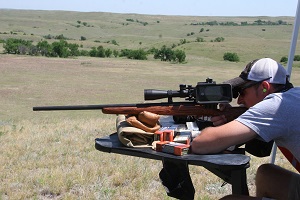
-

N1 Outdoors® Spring Showman™ Turkey Tee
$26.99 – $32.99 Select options This product has multiple variants. The options may be chosen on the product page -

The N1 Outdoors® “OUTDOORS™” Tee
$28.99 – $32.99 Select options This product has multiple variants. The options may be chosen on the product page -
Sale!

N1 Outdoors® Cutt’N Up Turkey shirt
$5.00 Select options This product has multiple variants. The options may be chosen on the product page
Lapping Rifle Scope Rings
A word about lapping the scope rings. Lapping means taking any possible variation in roundness off the inside of the rings, so that you have as much contact between rings and scope as possible. Lapping the rings is a good idea if you’re shooting bench-rest or super accuracy group development.
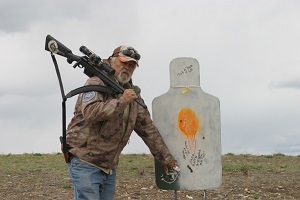
Shooting for final zero is critical. Here the rifle shoots ½ MOA (minutes of angle) group on steel at 600 yards, because the work at the bench-rest with the rifle and glass was done correctly.
I do not lap my rings because my good rifles and ammunition all shoot sub-½ MOA, and that is all anyone not shooting bench-style events needs. (Bench-rest is shooting for the smallest hole possible in the target. One hole groups win in many cases.)
So, if you are deer hunting for example, lapping the rings isn’t really necessary.

Be sure to check screws and bases often, as vibration can cause loose parts, which lead to innaccuracy of your rifle scope.
Final thoughts
Once you have properly mounted and sighted in your rifle, that doesn’t mean you never check it again.
Screws and bases need to be tight and checked often, as even general transport can cause vibration and lead to a loosening of parts. Bumping your scope when pulling your gun up to a tree stand is another thing that might cause you to need to check the accuracy of your rifle scope.
Happy shooting!




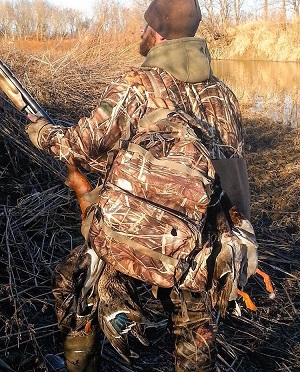
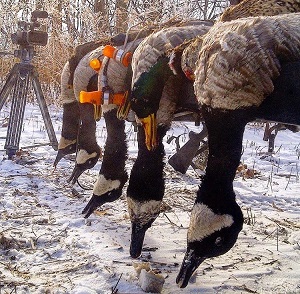


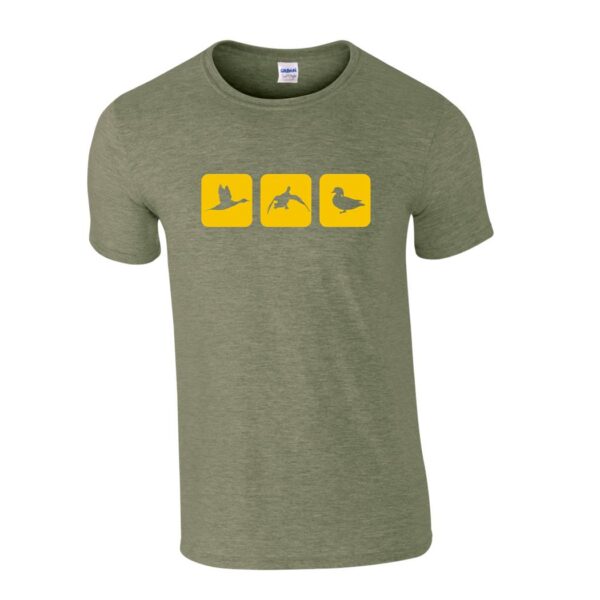
![CARLSON'S Choke Tubes 12 Gauge Compatible for Beretta Benelli Mobil [ 2 Pack | Mid Range & Long Range ] Blued Steel | Cremator Non-Ported Waterfowl Choke Tube | Made in USA](https://m.media-amazon.com/images/I/51QuTLVgMRL._SL500_.jpg)
